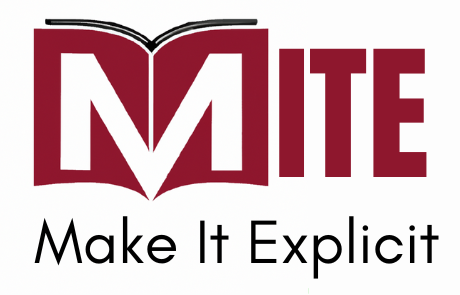The Interpretation of Fictional Characters in Literary Texts: History of Literary Criticism, Philosophy and Formal Ontologies
A Special Issue of the open-access journal «Humanities», guest edited by M. Paolini Paoletti, E.M. Sanfilippo, G. Tomazzoli
This Special Issue of Humanities (link) aims to foster reflection on fictional characters in literary texts and the interpretive practices associated with them. It embraces a multidisciplinary perspective encompassing the history of literary criticism, hermeneutics, philosophy, and models of formal ontology that support the design of information systems for research and application in the Digital Humanities.
Our goal is to shed light on the following topics:
- The different theories, methodologies, and critical tools adopted by literary critics and scholars when it comes to interpreting fictional characters, and, namely, their specific vocabularies, argumentative strategies, and their relationship with the previous analysis.
Proposals can include—but are not limited to—discussions, both theoretical and/or based on specific case-studies, on the following topics:
- How does the methodology adopted by a specific reader affect their response and interpretation of fictional characters? Conversely, in literary theory and/or in the history of literary criticism, what implications does a specific approach to fictional characters bear for the overall evaluation of the literary work they appear in?
- How do scholars defend their interpretation of fictional characters, and how do they assume—or not assume—the situated nature of their knowledge?
- How do rewritings of fictional characters interact with literary criticism about those same characters?
Historical profiles about the critical and/or creative reception of specific fictional characters are also welcome, especially if devoted to female characters and/or to Medieval characters.
- Philosophical discussions concerning the nature of fictional characters, encompassing novel perspectives on their existence and identity conditions. These include, but are not limited to, insights into their correlation with authors’ intentions, readers’ responses, and other associated dimensions.
Proposals can involve—but need not be limited to—the following topics:
- Within existing accounts of the identity criteria of fictional entities, how are such criteria (implicitly or explicitly) connected with acts and claims of literary interpretation? What are the problems—if any—that affect these connections?
- To what extent are literary interpretation acts and claims able to determine (or at least influence) the identity and existence of fictional entities?
- How does the debate between intentionalist and non-intentionalist views of literary interpretation bear upon the identity and existence criteria of fictional entities?
- How do competing theories of ontological dependence, grounding, and related notions fare with the putative influence of literary interpretation upon the identity and existence of fictional entities?
- Is it possible to provide replies to the aforementioned problems (or to similar problems) by embracing an anti-realist view of fictional entities?
- Conceptual and formal models, possibly expressed in formal languages used in applied ontology (such as first-order logic, description logics, and Semantic Web languages) that are designed to provide scholars with conceptual and digital tools for documenting, analyzing, and comparing multiple sets of interpretive data.
Proposals can include (but are not limited to):
- Conceptual analyses of fictional characters and other fictional elements supporting the specification of ontologies for DH applications;
- Research challenges in the use of ontologies in literature and in (the history of) literary criticism;
- Ontologies for the modeling of fictional entities, including contributions addressing topics related to the identity of fictional entities across multiple literary texts;
- Ontologies for the modeling of scholarly interpretations, including, among others, contributions addressing topics related to logical reasoning, the presence of multiple and possibly conflicting interpretations about the same entities, and the interface between ontologies and argumentation theories;
- Ontologies for the modeling of scholarly interpretations of fictional characters.
Due to its interdisciplinary character, this Special Issue welcomes out-of-the-box contributions that promote dialogue and interaction among literary studies, philosophy, and digital humanities.
We will be accepting proposals until October 31, 2024.
Before submitting their proposal through the relevant platform, authors are kindly invited to email their abstract to the Guest Editors for a preliminary approval.
The deadline for the submission of the completed manuscripts is February 28, 2025. For further information on manuscript submission, peer-review process, and authors instruction, click here.
